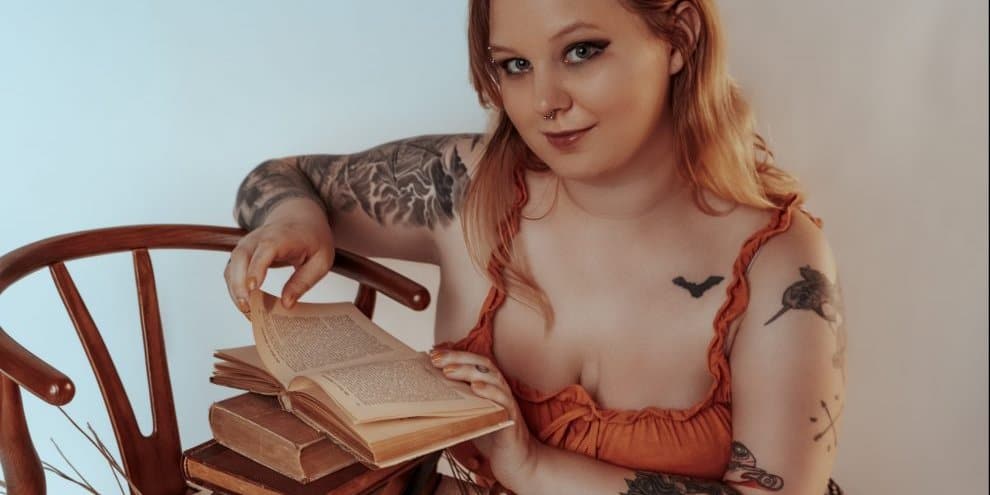Q&A With Former Foster Youth Turned Author Jessica C.
Q. How Old Were You When You Were Placed In Foster Care And How Long Were You In The System?
A. I was taken away when I was 12 years old, and I was the one who called the police so it was a big source of guilt and regret for me for a while. I was in foster care from 12-16, was adopted at 16, then kicked out at 17 when they changed their minds.
Q. Please Describe Your Experience In The Foster System.
A. It was wildly turbulent. I was in a constant state of anxiety and fear that I would never be reunified with my mom – it’s literally all I thought about. The foster homes I was placed into were all incredibly toxic, some going so far as to actually physically abuse the foster children. If it weren’t for the few mentors I met along the way at my local youth groups, I would have turned out a lot differently.
Q. What Is Something You Wanted Most When You Were In Foster Care?
A. What I wanted most was my mom. That’s it. I didn’t even care if I had to sleep on the concrete, as long as I was with her. She was all I wanted.
Q. How Can People Support Foster Youth Other Than Becoming A Foster Parent?
A. Mentor them, my mentors became my family and my greatest source of comfort. Don’t be afraid to offer affection, love, and advice.
Q. What Do You Wish The World Knew About Children In Foster Care?
A. They’re not just troubled kids, they’re kids with troubled pasts. You need to be able to respect their experiences while nurturing them to become the best versions of themselves.
Q. What Are Some Of Your Positive Personal Qualities Or Characteristics That You Connect To Your Experiences?
A. Adaptability. The only thing I’m thankful to foster care for is my acquired ability to quickly adapt to situations.
Q. What Would You Tell Your Younger Self When You Were In Foster Care?
Focus on yourself, not on your mom. Your mom is her own person, and your happiness doesn’t depend on hers.
Q. Any Additional Thoughts You’d Like To Share About The Foster Care System And Your Experience?
Foster care needs to be talked about more openly and more needs to be done about the traumas that are caused within the system. Additionally, more foster youth voices should be blasted across the media – every foster voice matters. I wrote my memoir “Trash Bag of Memories” to prove that concept to myself and I encourage every other current and former foster youth to evaluate, dissect, and talk about their stories as well. I also encourage every person to educate themselves on the foster care system and make moves to become involved.
In Conclusion
In conclusion, we could not agree more with Jessica. She is right, we should all be lifting the voices of current and former foster youth, now and especially during Foster Care Awareness Month. We appreciate Jessica’s openness and hope her story can help inform others about how children feel while in foster care.
If you want to help, please consider volunteering with Foster Love – Together We Rise. Foster youth need you.


